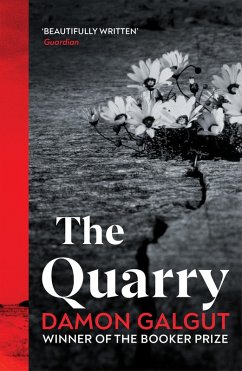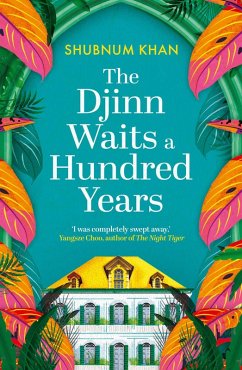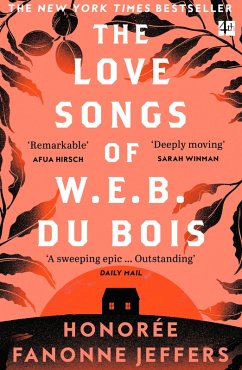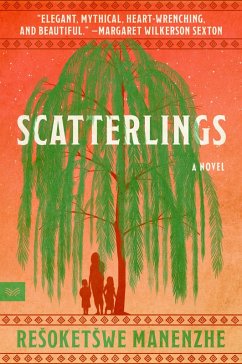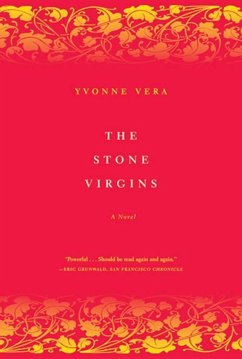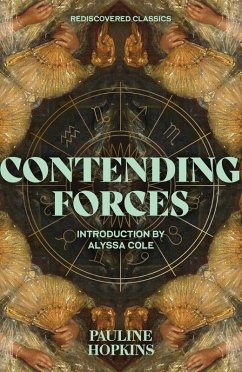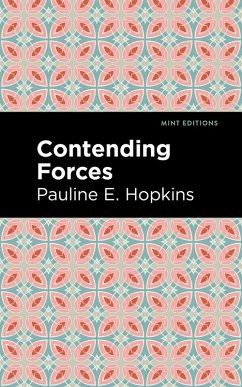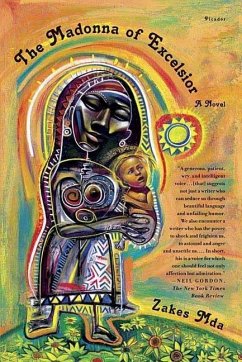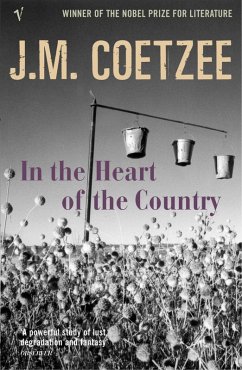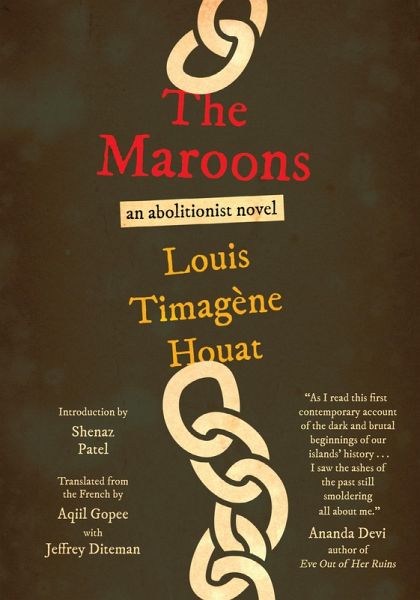
The Maroons (eBook, ePUB)

PAYBACK Punkte
3 °P sammeln!
A rediscovered classic, and the only known novel by Black abolitionist and political exile Louis Timagène Houat, The Maroons is a fervid account of slavery and escape on nineteenth-century Réunion Island.Frême is a young African man forced into slavery on Réunion, an island east of Madagascar in the Indian Ocean. Plagued by memories of his childhood sweetheart, a white woman named Marie, Frême seeks her out-but when they are persecuted for their love, the two flee into the forest. There they meet other "maroons": formerly enslaved people and courageous rebels who have chosen freedom at th...
A rediscovered classic, and the only known novel by Black abolitionist and political exile Louis Timagène Houat, The Maroons is a fervid account of slavery and escape on nineteenth-century Réunion Island.
Frême is a young African man forced into slavery on Réunion, an island east of Madagascar in the Indian Ocean. Plagued by memories of his childhood sweetheart, a white woman named Marie, Frême seeks her out-but when they are persecuted for their love, the two flee into the forest. There they meet other "maroons": formerly enslaved people and courageous rebels who have chosen freedom at the risk of their lives.
Now available in English for the first time, The Maroons highlights slavery's abject conditions under the French empire, and attests to the widespread phenomenon of enslaved people escaping captivity to forge a new life beyond the reach of so-called "civilization." Banned by colonial authorities at the time of its publication in 1844, the book fell into obscurity for over a century before its rediscovery in the 1970s. Since its first reissue, the novel has been recognized for its extraordinary historical significance and literary quality.
Presented here in a sensitive translation by Aqiil Gopee with Jeffrey Diteman, and with a keen introduction by journalist and author Shenaz Patel, The Maroons is a vital resource for rethinking the nineteenth-century canon, and a fascinating read on the struggle for freedom and social justice.
Frême is a young African man forced into slavery on Réunion, an island east of Madagascar in the Indian Ocean. Plagued by memories of his childhood sweetheart, a white woman named Marie, Frême seeks her out-but when they are persecuted for their love, the two flee into the forest. There they meet other "maroons": formerly enslaved people and courageous rebels who have chosen freedom at the risk of their lives.
Now available in English for the first time, The Maroons highlights slavery's abject conditions under the French empire, and attests to the widespread phenomenon of enslaved people escaping captivity to forge a new life beyond the reach of so-called "civilization." Banned by colonial authorities at the time of its publication in 1844, the book fell into obscurity for over a century before its rediscovery in the 1970s. Since its first reissue, the novel has been recognized for its extraordinary historical significance and literary quality.
Presented here in a sensitive translation by Aqiil Gopee with Jeffrey Diteman, and with a keen introduction by journalist and author Shenaz Patel, The Maroons is a vital resource for rethinking the nineteenth-century canon, and a fascinating read on the struggle for freedom and social justice.
Dieser Download kann aus rechtlichen Gründen nur mit Rechnungsadresse in A, D ausgeliefert werden.




